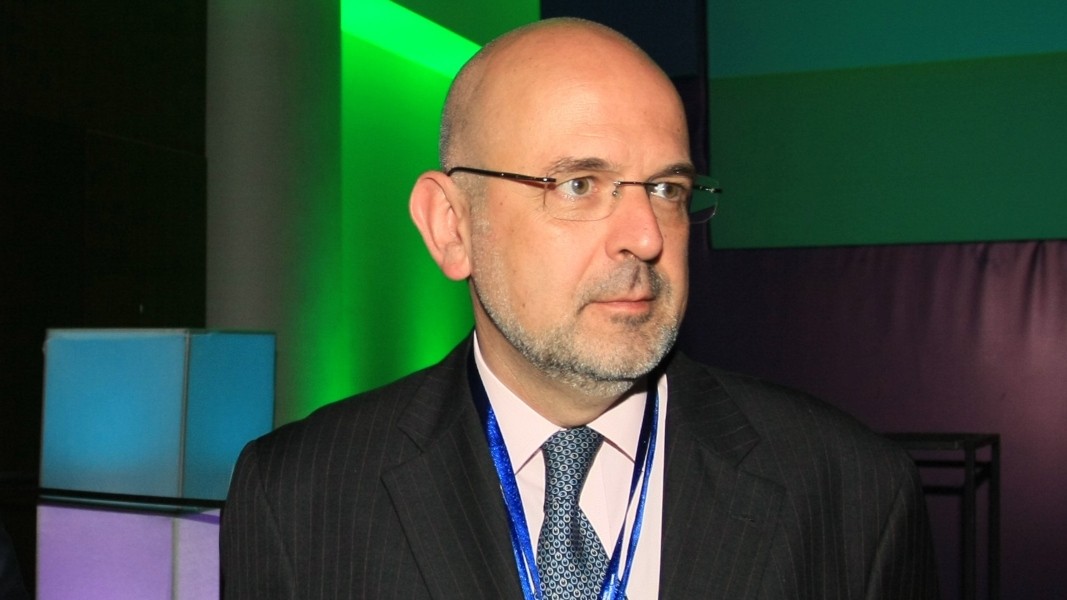The price of electricity for the industry reached BGN 300 (EUR 150) per megawatt-hour, just four days after the third caretaker government within the mandate of President Rumen Radev took office. According to Prime Minister Stefan Yanev, the government is working on a package of measures aimed at controlling prices. "I hope to announce them by the beginning of next week. It is necessary to hold a debate on the future of our entire energy system, " he commented in Veliko Tarnovo, where he attended the celebrations on the occasion of the 113th anniversary of the proclamation of Bulgaria's independence. The sharp jump in bills for all types of energy - electricity, natural gas and renewables - is due to a number of factors. In an interview with BNR, energy expert Simone Tagliapietra explained:

"In January, February and March there was a very cold winter, which affected the need for more heating in homes. Therefore, the demand for natural gas increased. In spring and summer we had very high temperatures, which led to excessive electricity consumption due to the use of air-conditioninig. At the same time, we have increased energy consumption in the industry due to the recovery of the economy, to which we must add the problem of the low levels of electricity generated by wind farms, as the weather in Europe was quiet, without strong winds. All this has led to greater demand for gas, and at the same time, we have had problems with supply, as Russia supplies lower volumes of the blue fuel than expected”.
The chief economist of the Bulgarian Development Bank, Iliya Lingorski, is adamant that the inflation we are currently facing is not uncommon, as the Covid-19 pandemic has had a serious impact on the economy not only in Bulgaria but also globally.

In an interview for the Bulgarian National Television, Lingorski also pointed out that we are currently witnessing two factors. On the one hand, economic activity has recovered sharply in the last quarter, which creates a natural pressure on prices on the part of consumption. On the other hand, the pandemic has broken the supply chain globally and negatively affected supply. According to Lingorski, the positive thing is that before the crisis inflation in Bulgaria was at healthy levels.
In this context, the governments of the EU member states are trying to mitigate the impact of high prices, which will directly affect industry and ordinary people, without directly affecting the mechanisms of the energy market.
France plans to extend and increase the validity of electricity vouchers, which are received by more than 5 million families. Spain has cut VAT on gas and electricity to cut prices.
Against this background, an issue more and more urgent to be resolved is that of the operation of coal-fired power plants in Bulgaria. Sociologist Todor Galev commented on the future that awaits them in the medium term:

“With rising emission prices, if not in 2025, then in 2028-2030 they will definitely need to be closed down. Without huge government intervention and subsidies for coal-fired power plants, their survival cannot be achieved. However, this intervention cannot be endless. Thus, the prices of electricity produced by coal-fired power plants will jump so much that at some point, they will have to turn themselves off”.
Compiled by Yoan Kolev
English version Rositsa Petkova
Photos: BGNES, library, Ani PetrovaIn 2023, the government budget deficit was 2% of GDP or €1.9 billion. This is indicated by the final data of the National Statistical Institute. This is a significant narrowing of the budget deficit compared to the previous 3 years...
A forum entitled "Career and Life - Why in Bulgaria?", organized by the Bulgaria Wants You platform, was held at the Royal Geographical Society in London on October 20. The event, which took place for the second time, attracted significant..
International rating agency Fitch Ratings has affirmed Bulgaria's long-term foreign and local currency credit rating at BBB with a positive outlook, the Finance Ministry said. The positive outlook reflects the country's prospects for eurozone..
Butter and vegetable oil are the products that have increased in price the most over the year. The retail price of vegetable oil will range between 3..

+359 2 9336 661
